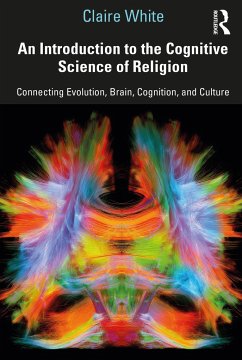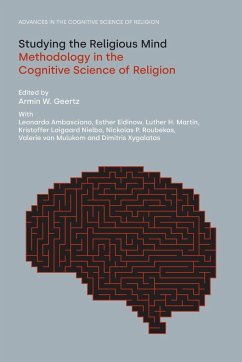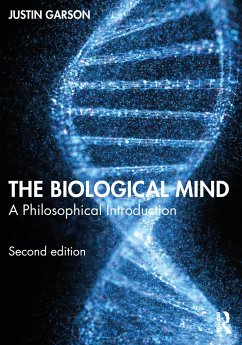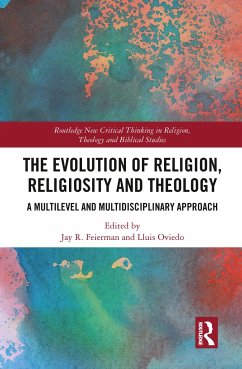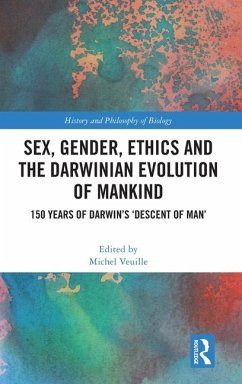
The Routledge Handbook of Evolutionary Approaches to Religion
Versandkostenfrei!
Versandfertig in 6-10 Tagen
48,99 €
inkl. MwSt.

PAYBACK Punkte
24 °P sammeln!
The past two decades have seen a growing interest in evolutionary and scientific approaches to religion. The Routledge Handbook of Evolutionary Approaches to Religion is an outstanding reference source to the key topics, problems and debates in this exciting and emerging field. Comprising over thirty chapters by a team of international contributors the handbook pulls together scholarship in the following areas:evolutionary psychology and the cognitive science of religion (CSR)cultural evolutionthe complementarity of evolutionary psychology, cognitive science and cultural evolutionWithin these ...
The past two decades have seen a growing interest in evolutionary and scientific approaches to religion. The Routledge Handbook of Evolutionary Approaches to Religion is an outstanding reference source to the key topics, problems and debates in this exciting and emerging field. Comprising over thirty chapters by a team of international contributors the handbook pulls together scholarship in the following areas:
evolutionary psychology and the cognitive science of religion (CSR)cultural evolutionthe complementarity of evolutionary psychology, cognitive science and cultural evolution
Within these sections central issues, debates and problems are examined, including: Cliodynamics, cultural group selection, costly signaling, dual inheritance theory, literacy, transmitting narratives, prosociality, supernatural punishment, cognition and ritual, meme theory, fusion theory, sexual selection, agency detection, evoked culture, social brain hypothesis, theory of mind, developmental psychology, emergence theory, social learning, cultural cybernetics, cultural epidemiology, evolutionary and cultural psychology, memetics, by-product and adaptationist theories of religion, systems and information theory, and computer modeling.
This Handbook is essential reading for students and researchers in religious studies and anthropology. It will also be very useful to those in related fields, such as psychology, sociology of religion, cognitive biology, and evolutionary biology.
evolutionary psychology and the cognitive science of religion (CSR)cultural evolutionthe complementarity of evolutionary psychology, cognitive science and cultural evolution
Within these sections central issues, debates and problems are examined, including: Cliodynamics, cultural group selection, costly signaling, dual inheritance theory, literacy, transmitting narratives, prosociality, supernatural punishment, cognition and ritual, meme theory, fusion theory, sexual selection, agency detection, evoked culture, social brain hypothesis, theory of mind, developmental psychology, emergence theory, social learning, cultural cybernetics, cultural epidemiology, evolutionary and cultural psychology, memetics, by-product and adaptationist theories of religion, systems and information theory, and computer modeling.
This Handbook is essential reading for students and researchers in religious studies and anthropology. It will also be very useful to those in related fields, such as psychology, sociology of religion, cognitive biology, and evolutionary biology.





